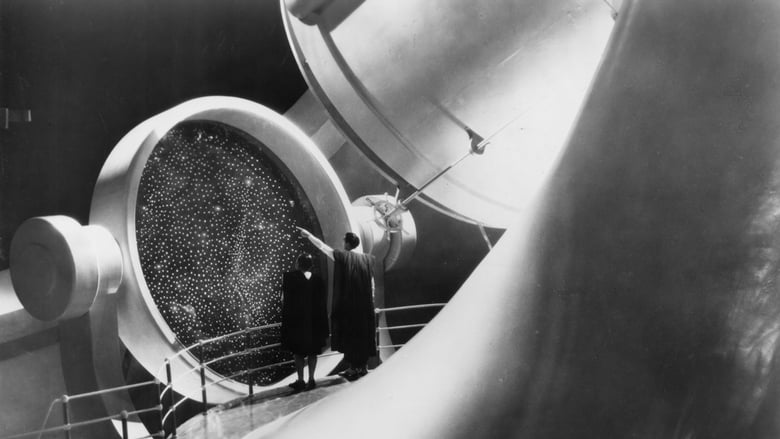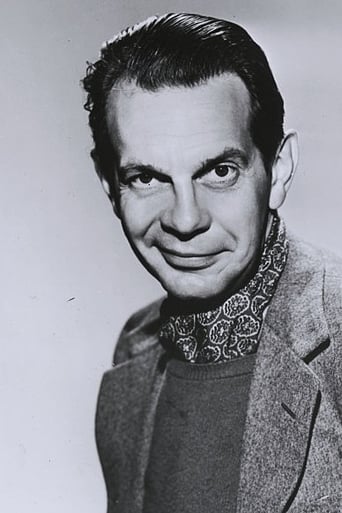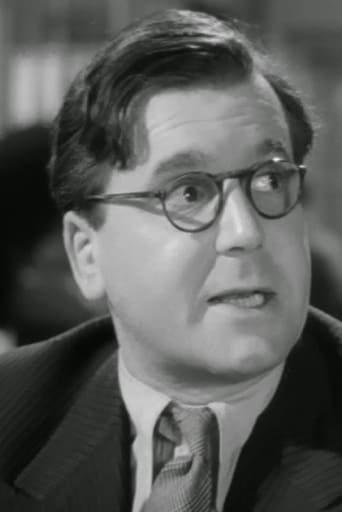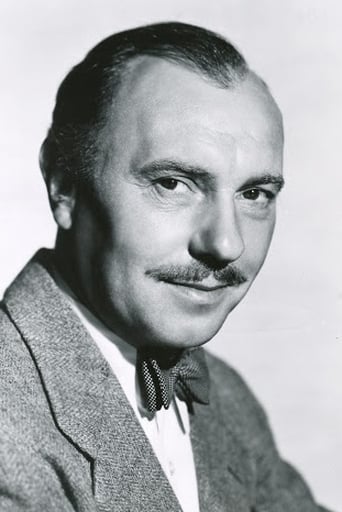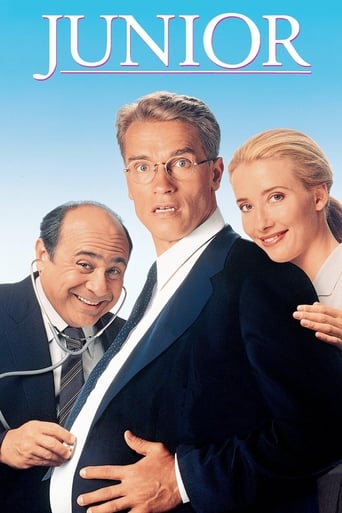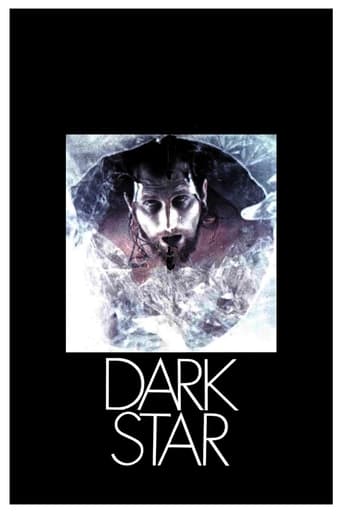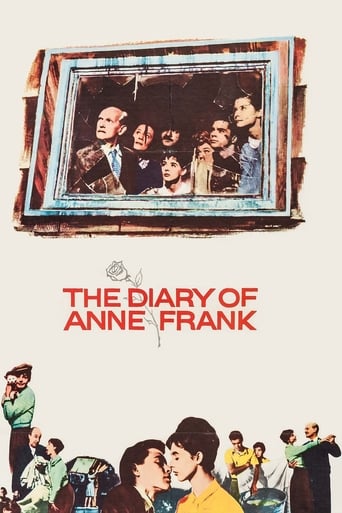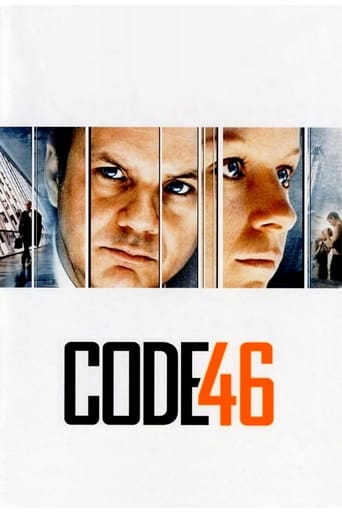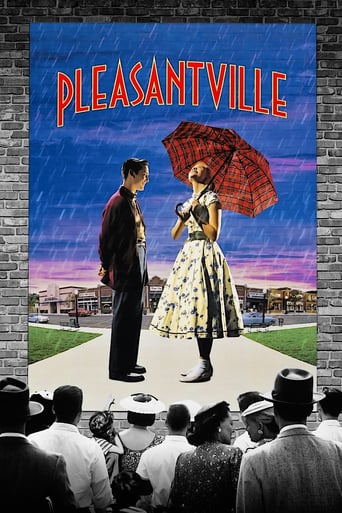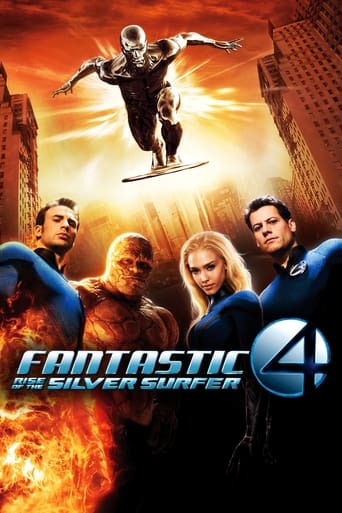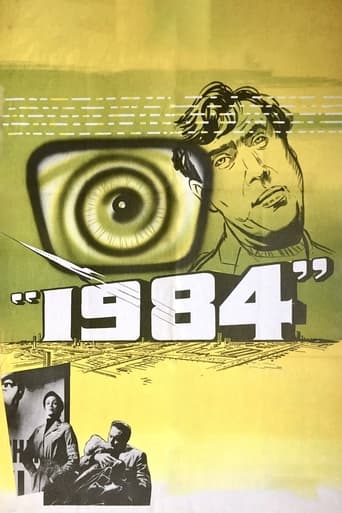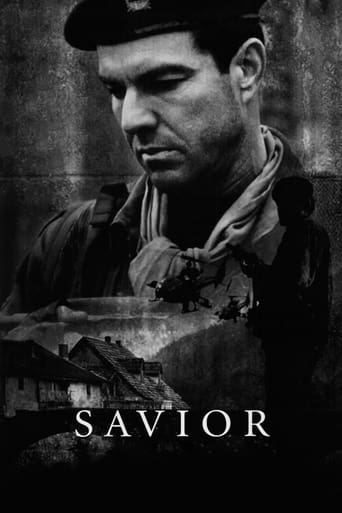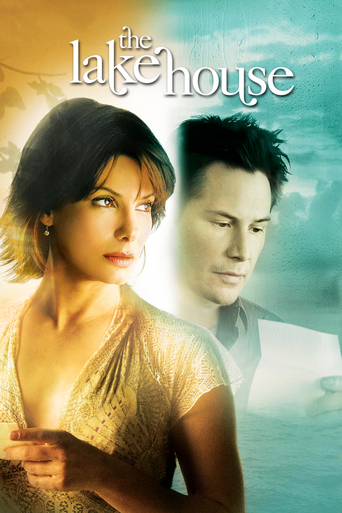Things to Come (1936)
The story of a century: a decades-long second World War leaves plague and anarchy, then a rational state rebuilds civilization and attempts space travel.
Watch Trailer
Cast


Similar titles
Reviews
Wonderful Movie
Redundant and unnecessary.
It is a performances centric movie
an ambitious but ultimately ineffective debut endeavor.
Things to Come is the loosely based cinematic adaptation of H.G Wells novel The Shape of Things to Come. The film is an interesting but dated what if.. scenario about the petty and destructive nature of mankind. It's a film that looks at how we hate what we fear or simply don't understand. It also shows what we could achieve as a civilisation if we put aside our differences and focused on science to propel ourselves towards a better tomorrow. However seeing as how man is at the forefront of scientific progress, will it benefit mankind or are we doomed to repeat past failures?Things to Come has lofty ambitions, and whilst it doesn't quite reach the heights it set, it remains a fascinating Sci-Fi story that's worthy of your attention. The films vision covers multiple centuries. Starting in 1940 we see the world collapse and societies revert to a feudal state, with the remaining pockets of society lead by competing warlords. That is until a progressive society of the last remaining engineers and airman reclaim the lands in the name of humanity with their mighty airforce. Which leads to an era of peace and progress all the way until 2036, when things start to come un-done again.William Cameron Menzies directs the film, and whilst his style is fairly simplistic, the films pacing is excellent and is finely balanced between each time period. The set design and cinematography also do a good job of differentiating the multiple eras in the film, and making them all feel unique.The films biggest setback is that there's absolutely zero characterisation given to anyone in this film. By the end I couldn't remember a single character which isn't a good sign. In the films defence you could argue that it focuses on humanity as a collective whole, which is a valid enough argument. The problem is that this causes the film to become less engaging when the characters are completely dull, and are given next to nothing to work with.Over-all Things to Come is required viewing for anyone that loves the Sci-Fi genre, a-lot of the films themes are still relevant in today's society. Whilst some of the films motives and social commentary occasionally feel patronising. It sets about asking important questions that makes Sci-Fi so important and special, and for that it's worth your investment.
Things to Come (1936): Dir: William Cameron Menzies / Cast: Raymond Massey, Edward Chapman, Cedric Hardwicke, Ralph Richardson, Margaretta Scott: Early science fiction film with a title that refers to our unpredictable future and dire uncertainty but the film's structure is completely predictable. A strange being lands on earth with a message. He doesn't tell us to give up smoking or use a particular brand of deodorant. No, he tells us everything that we do not want to hear because there isn't a soul in the film who listens to him anyway. He shows up wearing a helmet big enough for ten heads. Not exactly original and mainly serves as a showcase for special effects that render the film worthwhile. Well directed by William Cameron Menzies but painfully corny at times. It taps into one's imagination when it comes to our expectations to the unknown. Raymond Massey does well as this ominous figure whom transcends much turmoil and observes mankind's faults. The only interesting supporting role is Ralph Richardson as a warlord advocating destruction and the manufacturing of biplanes. As the ending indicates, this sort of ruling often goes down with the planes. Many of the performances are either flat or over the top. Among them are Edward Chapman and Cedric Hardwicke. The film was an attempt to push special effects further to greater things to come. Score: 6 / 10
A world war that begins in 1940 rages on for decades before a group of scientists known as Wings Over the World emerges to put an end to all war and bring about Utopia. Sci-fi classic with amazing visuals and, despite its pomposity, a good script with many memorable lines. Yes, it's preachy as H.G. Wells was very much an ideologue at the time. I'm sure if I lived during the time I would have rolled my eyes at Wells just as I do today's celebrities who think they have all the answers but really have very few. The preachiness and moral simplicity of the story, and indeed all of Wells' later works, seems quaint today and is unlikely to offend anyone but the most sensitive political types.The acting is solid, though sometimes stuffy as was often the case in British films of the period. I don't say that as an insult, just as a point of fact for those expecting something more Hollywoodish. Raymond Massey has to utter most of the film's philosophical soliloquies. Ralph Richardson and Cedric Hardwicke get the juiciest roles as the villains. All three of these men are fine actors who give excellent performances. This is also director William Cameron Menzies' best work.It's an exceptional movie despite its flaws and maybe even because of them. It has merit as entertainment, a think piece, and a historical curio. There are very few movies made during this period that could match the look of this one. Fritz Lang's Metropolis, obviously, but I'm not sure of any others. The sets, costumes, matte paintings, models, are all extraordinary. Everyone who loves science fiction or just loves old films in general should definitely see this one.
Didactic and Philosophically laden, this is a Grandiose Vision of Civilization and its Place in the Animal Kingdom. H.G.Wells, a Proud Socialist and Pacifist, Thought (erroneously) that He was on His Game here and Demanded Command on the Set, and in No Uncertain Terms unleashed a Dictate on the "Sign of the Times" and the "Things to Come".It is Clear that this is Wells (who was involved and dictatorial during production) Heavy Handed Verbiage Intruding when the Shakespearean Overacting begins to enter this Visually Vibrant and Awe Inspiring Film. The Actors do their Best to Upstage the Breathtaking Backgrounds, and are a Poor Contrast.This is a One of Kind Movie and does not lend itself to Comparison as it is a Stand Alone Compilation of Fact and Fiction, Art and Literature.Only Metropolis (1927) can offer such Stimulation of Cinematic Brush Work. It has such a Sensation of Art-Deco Beauty for the Expressionistic design and it makes the Industrial Revolution Look Attractive.It is Overwritten and there is very Little Subtlety. There is one Scene of Understatement and Poignancy, where two Aviators are brought together After a Crash. There is also one Shot of a Child's Death complete with Blood dripping from the little one's Face. This is a Powerful Anti-War Statement that does more than Projecting Dialog and Flailing Arms.It is Wells' Ideas that are brought to the Screen with Pictures that end up Ironically the Best. The Pompous, Thoughtful, and Noble Prose is so Overwrought that it Distracts and is Detrimental.Simply the Author's Words and Ideas were Not Transmutable to the Medium of Film in this Way and in this Case.


